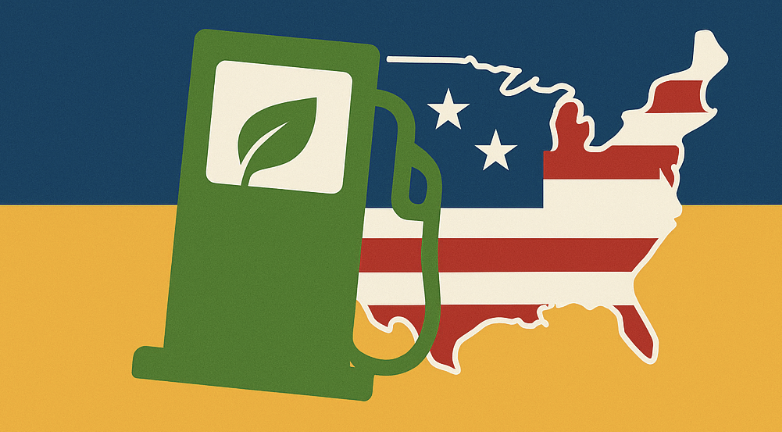
July 5, 2025
The U.S. Clean Fuels Coalition recently expressed strong support for the improvements to the Section 45Z clean fuel production tax credit included…
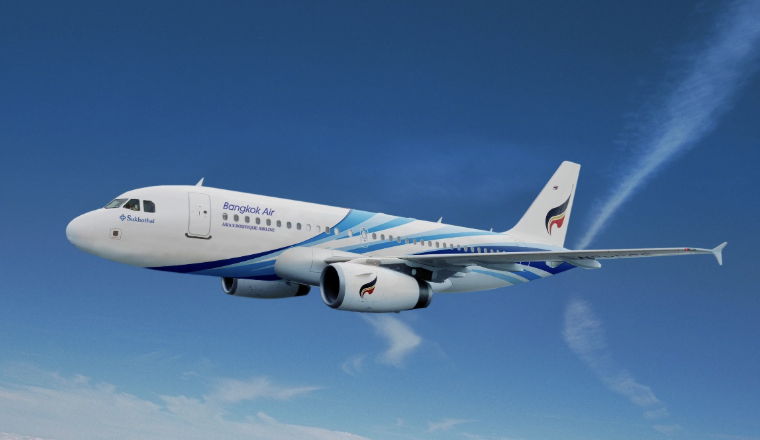
July 5, 2025
On July 1, Bangkok Airways announced the continued expansion of its “Fly Net Zero with Bangkok Airways” initiative by formally incorporating Sustainable…

July 5, 2025
According to Turkey’s Aawsat news outlet, the country is considering implementing a mandatory 5% sustainable aviation fuel (SAF) blending requirement by 2030.…

July 2, 2025
British Airways has become the first airline to utilize sustainable aviation fuel (SAF) produced at commercial scale in the UK, marking a…

July 1, 2025
EcoCeres announced in Hong Kong that it has signed a multi-year agreement to supply sustainable aviation fuel (SAF) to British Airways. This…
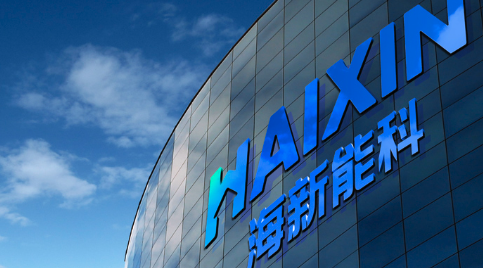
June 23, 2025
On June 20, Haixin Energy held a launch event for its Sustainable Aviation Fuel (SAF) product, part of its 200,000-ton/year biodiesel isomerization…
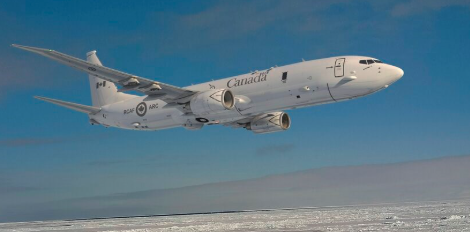
June 23, 2025
According to a report by the UK’s GreenAir News, Amsterdam-based sustainable aviation fuel (SAF) supplier SkyNRG stated in its newly released 2025…

June 21, 2025
The Trump administration has recently unveiled a significant proposal aimed at substantially increasing the proportion of renewable fuels blended into the U.S.…
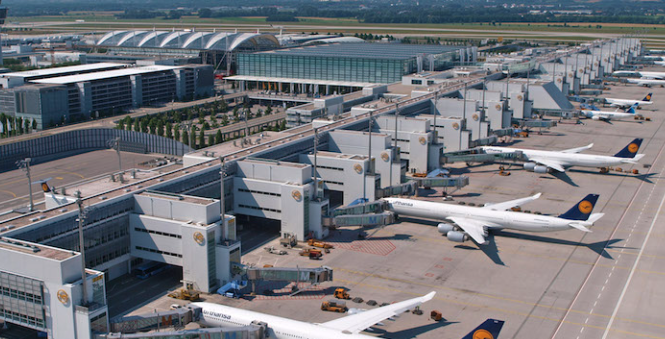
June 19, 2025
TMD Energy and its subsidiaries, headquartered in Malaysia and Singapore, are integrated marine fueling service providers engaged in ship-to-ship (STS) marine fuel…
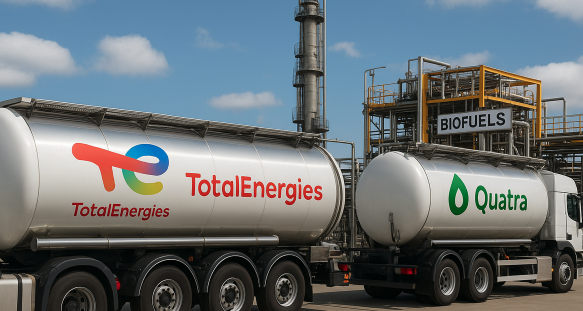
June 17, 2025
TotalEnergies has recently announced a 15-year long-term supply agreement with Quatra, a leading European company in the collection and recycling of used…










